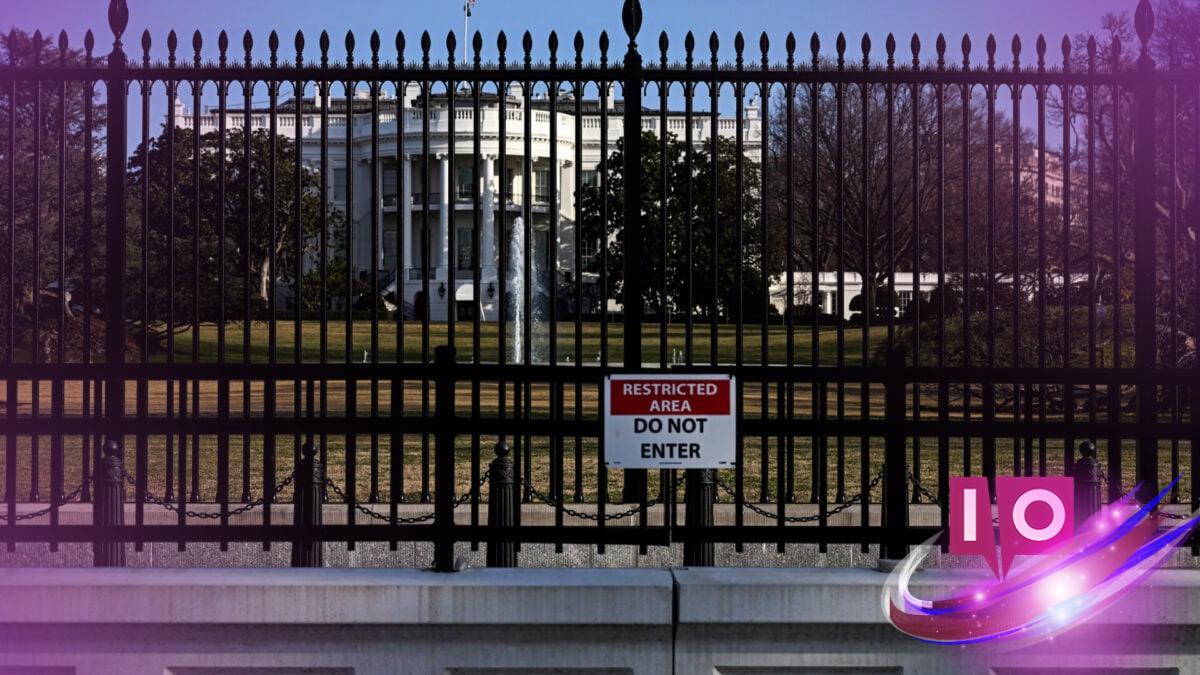With rising concerns over privacy and surveillance, the recent promises from tech giants like Apple and Meta to protect users against “mercenary spyware” are more relevant than ever. As these platforms stand up for their users, the implications of spyware technology in our everyday lives need to be explored.
Apple and Meta are positioning themselves as defenders of user privacy amidst growing fears surrounding these invasive tools. The Guardian has reported that certain spyware companies, notably NSO Group and Paragon, are attempting to build relationships with the U.S. government, which adds urgency to their claims.
1. What are NSO Group and Paragon?
NSO Group, infamous for its Pegasus spyware, has faced numerous controversies over its software’s misuse. The company has recently undergone a significant change in ownership, with a U.S.-based investment group taking the reins and appointing David Friedman, former ambassador to Israel under Trump, as its new executive. His aim is clear: to align NSO with U.S. law enforcement bodies to bolster national security efforts.
On the other hand, Paragon, known for its Graphite spyware, was acquired by the U.S. investment firm Red Lattice. Reports from the Guardian indicate that Paragon has past contracts with U.S. agencies, such as ICE, which faced scrutiny following a revelation about its youth surveillance technology.
2. How are These Companies Working with the U.S. Government?
Friedman has openly expressed his intentions to engage with the Biden administration, highlighting potential partnerships that could enhance safety for American citizens. He stated that if the administration is receptive, they will consider NSO’s offerings seriously.
Paragon, too, has navigated its way into government contracts. Its previous work with ICE was paused for review under an executive order signed by Biden aimed at curtailing the use of commercial spyware that threatens national security.
3. What Responses Are These Companies Receiving?
Despite their efforts, both NSO and Paragon face backlash due to the nature of their products, which have been implicated in human rights abuses. For instance, NSO has enabled hacking into messaging platforms like WhatsApp and iMessage. In response, both companies now claim they are committed to safeguarding mobile users from future spyware threats.
Apple’s stance was clarified through a spokesperson: they aim to assist users potentially targeted by spyware, ensuring that these notifications reach everyone, irrespective of geographic location.
4. What Measures Are Apple and Meta Taking?
Meta has echoed this sentiment through its WhatsApp service, asserting that its primary objective is to thwart hacking efforts. They are investing in new layers of protection and are actively alerting users about potential threats.
Many users still wonder: Is my personal data safe while using apps like WhatsApp and iMessage? The commitment from companies like Apple and Meta indicates a proactive approach, but consumer vigilance is still crucial.
5. Why Are U.S. Authorities Concerned About Spyware?
The U.S. government has shown mixed reactions to spyware firms. While the Biden administration blacklisted NSO due to its harmful impact, the FBI has considered using its technology for domestic investigations. This dual approach raises questions about how these powerful entities choose to navigate privacy concerns versus national security interests.
Even with commitments from these tech giants to protect users, skepticism remains strong. Can the promises from Apple and Meta truly translate into effective action against sophisticated spyware? Users must stay informed and take charge of their online privacy while leveraging the tools these platforms provide.
Is it possible to completely eliminate the threat of spyware? While complete eradication is unlikely, with continually evolving security measures and informed user practices, we can certainly mitigate risks.
Are companies like NSO Group and Paragon capable of reform? Only time will tell if these firms can convince the public and the government that they are on a path toward responsible technology use.
If you’re concerned about spyware threats, keeping abreast of technology developments and privacy measures offered by your favorite apps is crucial. Remember, the battle for your privacy is a shared responsibility.
To explore more on technology and privacy issues, visit Moyens I/O for in-depth insights and the latest updates.
